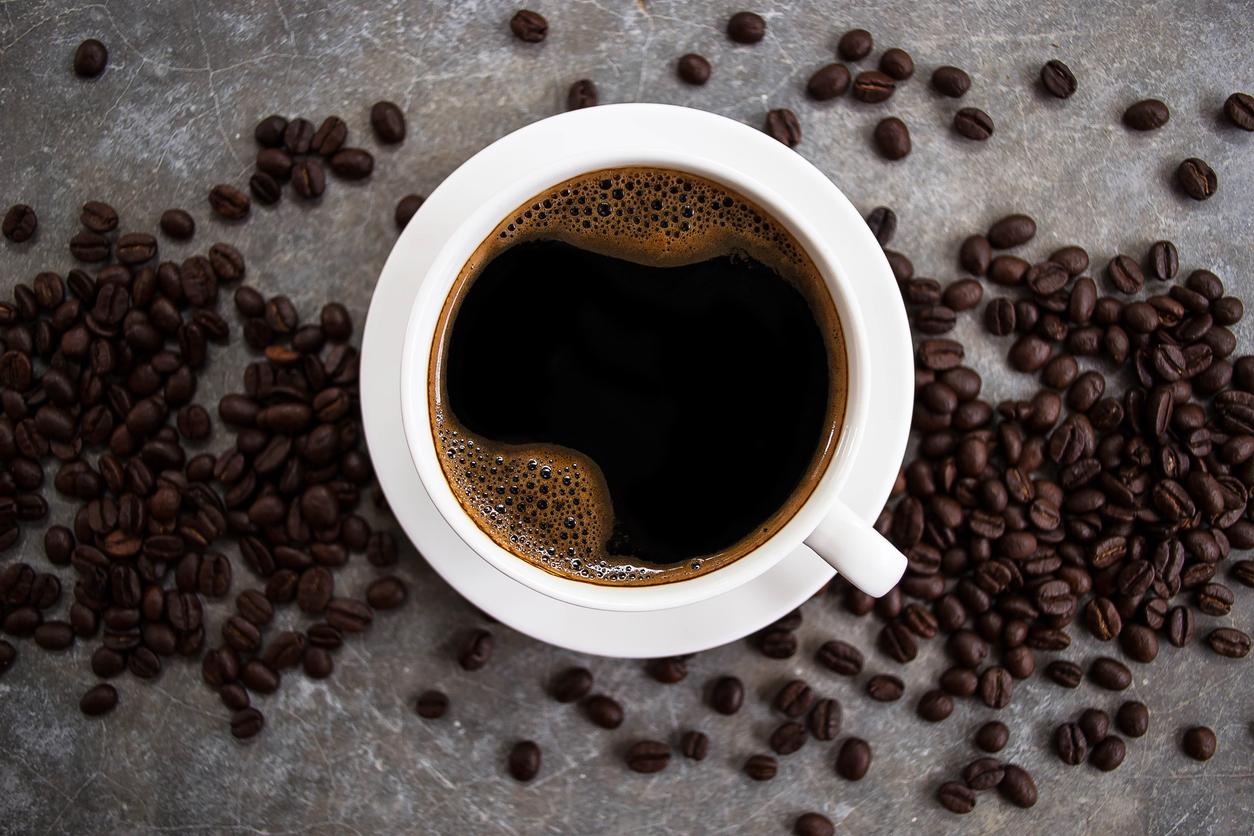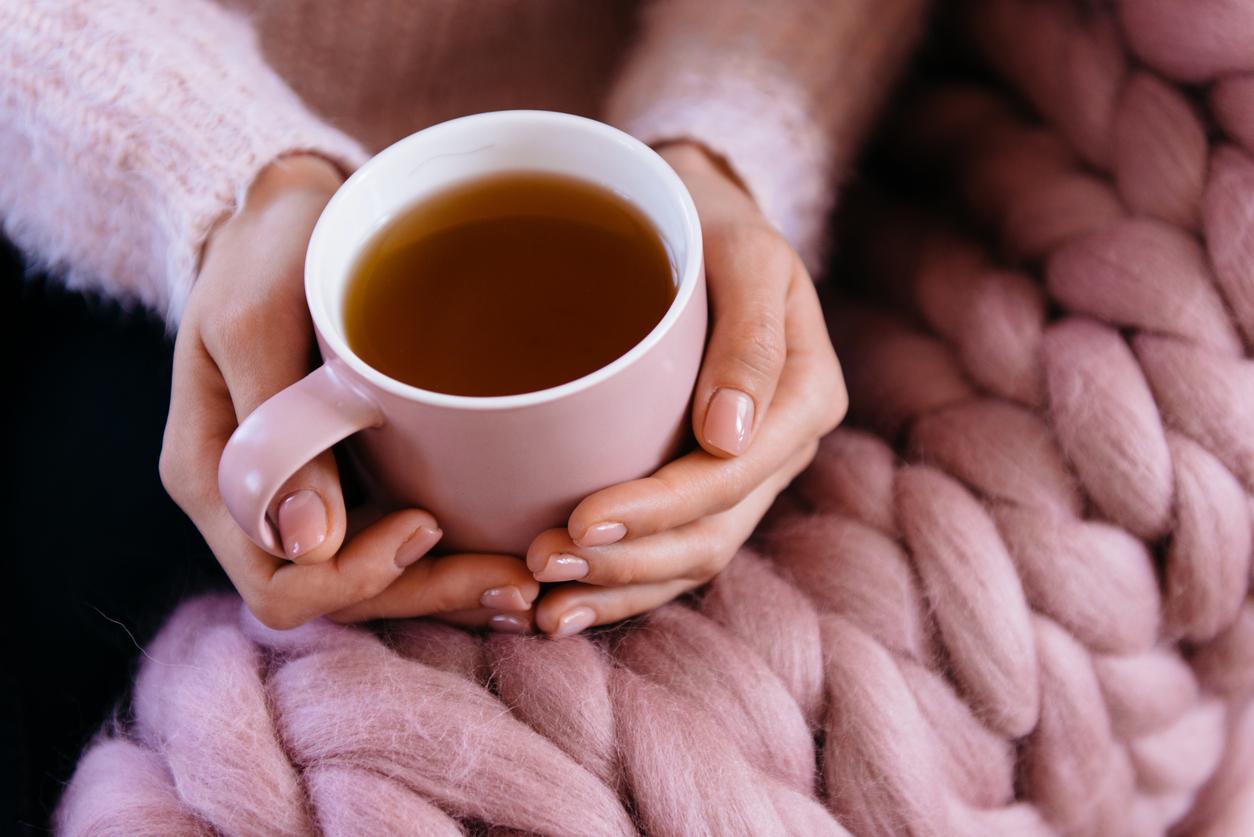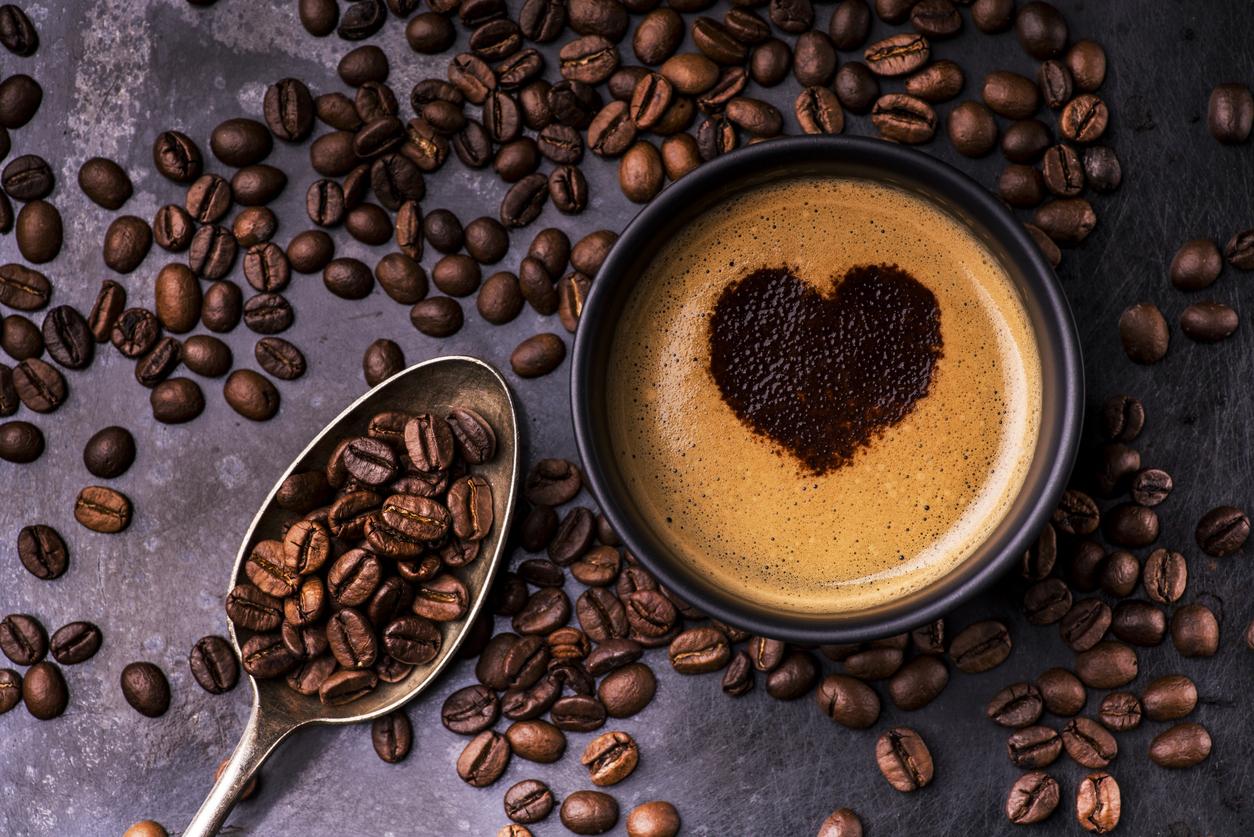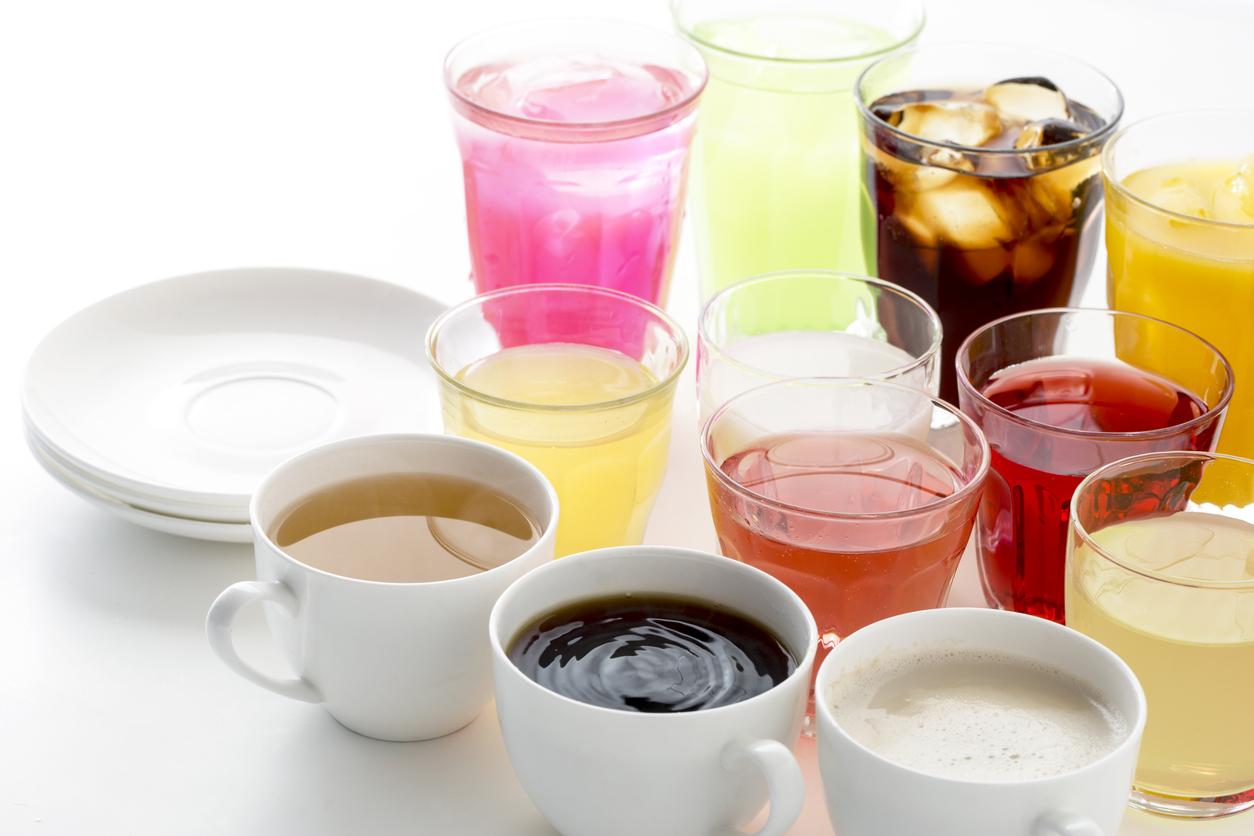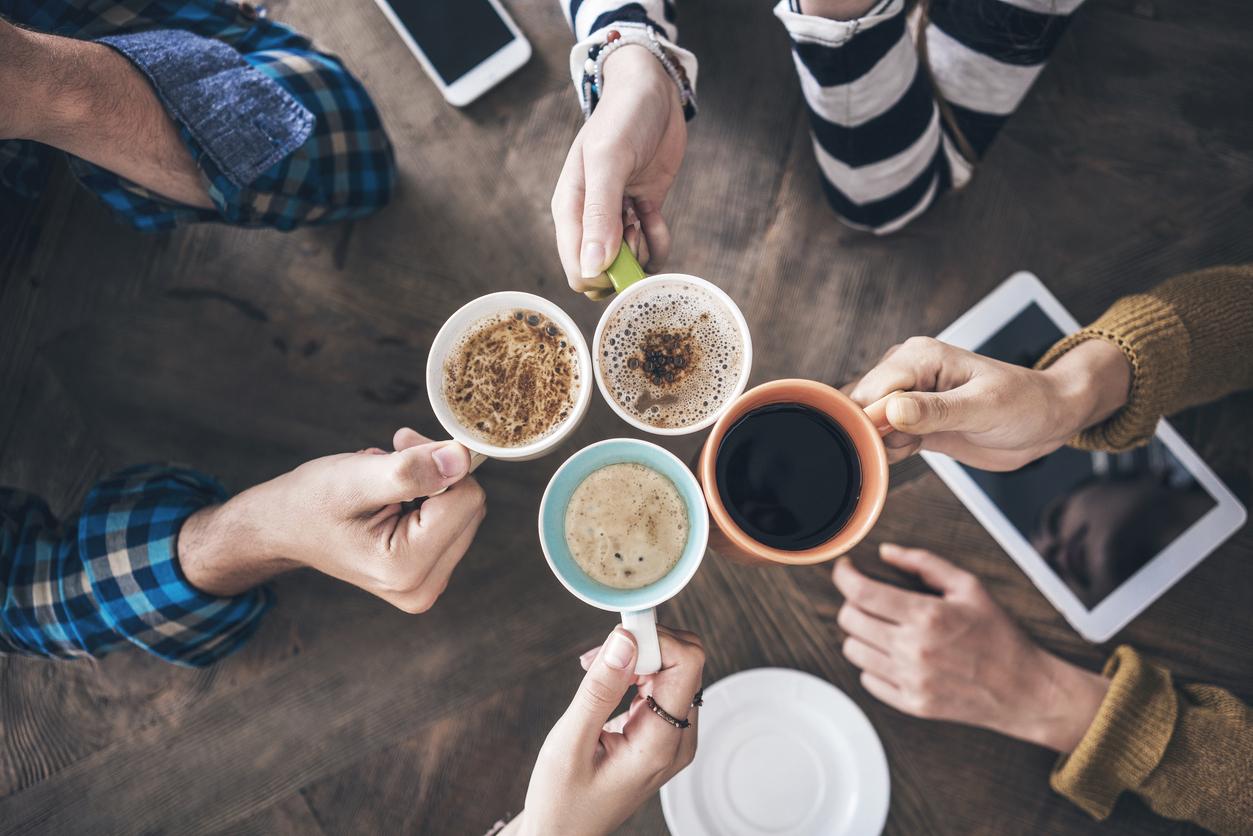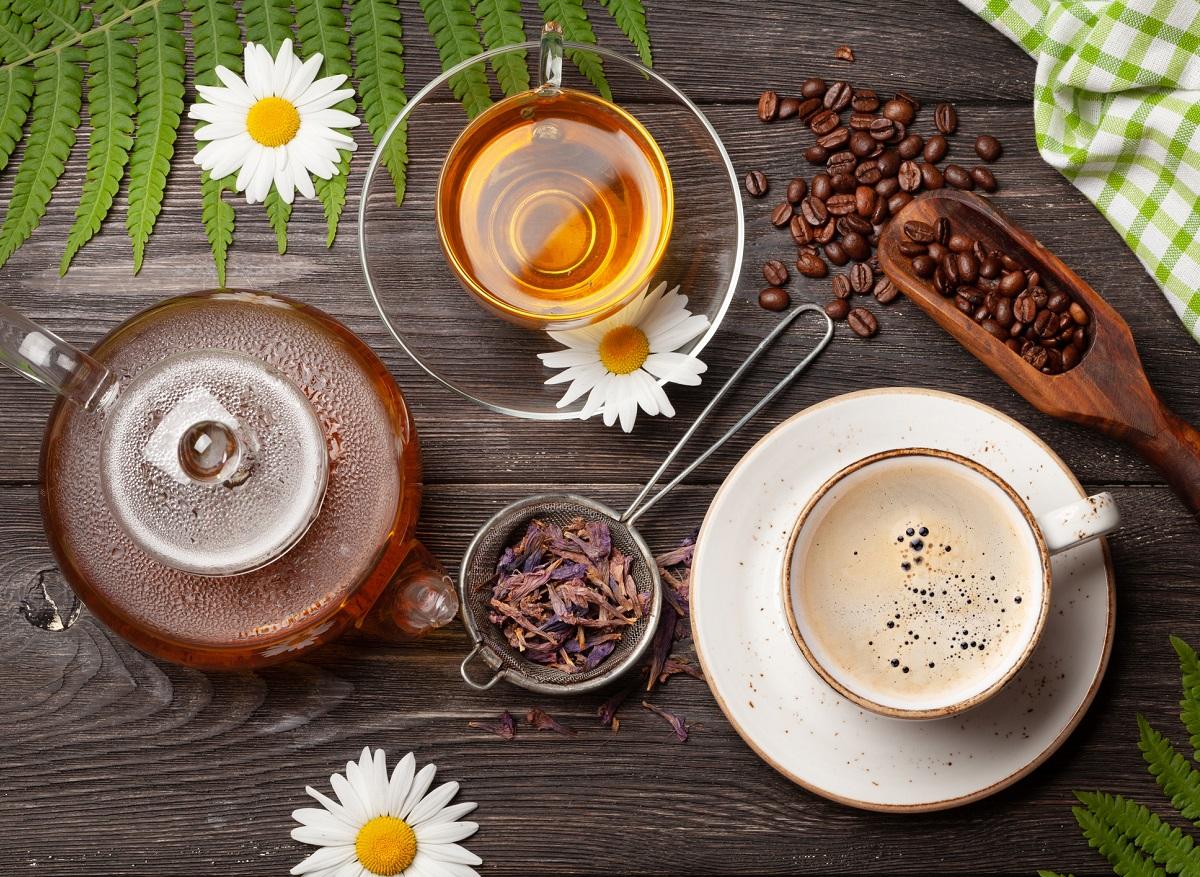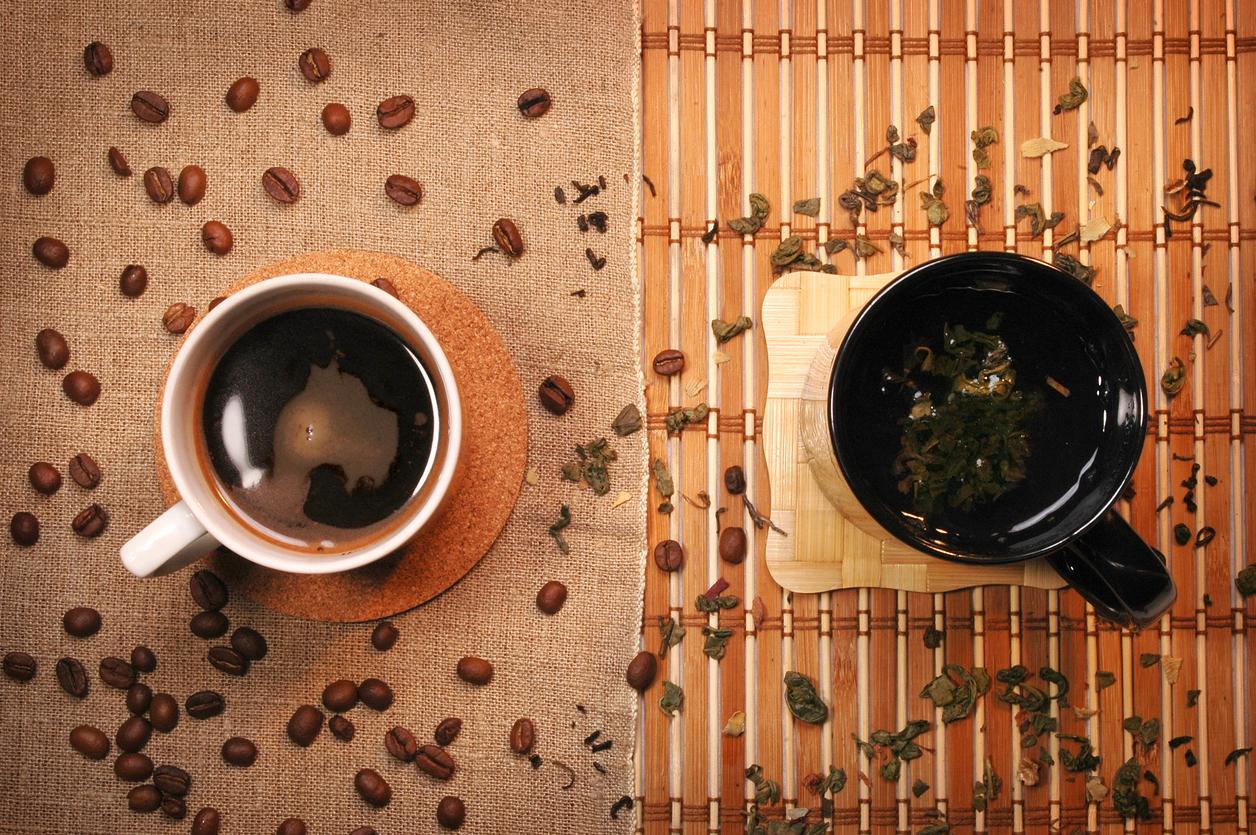Coffee is good for… stimulating
Coffee is known for the stimulating effects of its caffeine, an alkaloid that acts as a psychotropic stimulant. It thus stimulates the capacities of attention, vigilance and concentration, as well as long-term memory and motor skills. That being said, in cooking, the amount of caffeine in a serving is greatly reduced. So we don’t count on scallops with coffee (for which we give you the recipe) to have our brains boiling until 2 am!
Coffee is good for… filling up on minerals
A cup of coffee provides minerals : potassium, but also magnesium, calcium, sodium, iron, zinc and copper, as well as group B vitamins (B2, B3, B5 and B6). It also provides a good content of antioxidant polyphenols: from 200 to 550 mg per cup. According to a study by NutriNet-Santé dating from May 2010, coffee is even the first source of intake of these (well before fruits and vegetables and just before tea).
It is also established that coffee reduces the risk of heart attack thanks to its antioxidant effects, but also that it does not raise blood pressure, prevents calcification of the arteries and reduces the risk of mortality from cardiovascular origin after 50 years. (from 3 cups per day).
Coffee: a psychoactive substance
A so-called “psychoactive” substance, caffeine stimulates the ability to pay attention and concentrate, and, in the long term, memory and motor skills.
The dose of caffeine considered “normal” oscillates between 200 and 300 mgbut the amount of caffeine varies depending on the coffee chosen:
- 3 mg/150 ml (decaffeinated)
- 65 mg/150 ml (soluble coffee)
- 50 to 120mg/150ml (Arabica)
- 150 to 250 mg/150 ml (robusta).
“This is the dose at which we obtain interesting effects”, explains Astrid Nehlig, research director at Inserm. But we avoid abusing it because, in excess, coffee tends to increase the heart rate (tachycardia), anxiety and irritability, and to interfere, sometimes strongly, with sleep. And we are not all equal in the face of its effects.
“Some people are “slow metabolizers” of caffeine, explains our specialist. In them, the effects of caffeine are felt longer. Others are “fast metabolizers”, who eliminate it more quickly. It is also necessary to take into account the total quantity of caffeine (tea, sodas, etc.) absorbed during the day.
A coffee after a meal is a good idea
Caffeine stimulates the secretion of stomach acid, necessary for digestion. Normal or deca, it promotes bile production and increases motricity in the colon, resulting in a slightly laxative effect after its absorption (within half an hour). Nevertheless “some are subject to heartburn because of a component of coffee, especially if it is drunk between meals”, warns Astrid Nehlig.
On the silhouette side, caffeine slightly increases thermogenesis, and therefore energy expenditure. Coffee also boosts physical performance during endurance sports (running, cycling, etc.) and delays the onset of the feeling of physical fatigue. Finally, “caffeine acts as an analgesic and has an anti-headache action, explains Astrid Nehlig. But above all, it potentiates 40% of the action of classic analgesics, so it is wise to take them with a coffee. We can thus reduce the amount of medicine.”
With a cup of coffee I prepare…
>> A milkshake: Mix 1 glass of hazelnut milk, 1 espresso and 1 scoop of vanilla ice cream in a blender, until the preparation is frothy. Serve in a glass and enjoy immediately.
>> An iced coffee: Mix a cup of filter coffee, ice cubes, a touch of maple syrup and a touch of vanilla extract.
>> An affogato: Prepare an espresso, pour it over a scoop of vanilla ice cream in a glass. Immediately enjoy this great Italian classic, which means “drowned coffee”! You can also use hazelnut ice cream or Stracciatella.
>> A sauce for my steak: Fry the red meat in a little olive oil, then remove it. Pour 20 g of butter, 10 cl of liquid cream and 1 full-bodied espresso into the pan, allow to reduce while stirring and serve over the meat.
Read also :
- Drink between 3 and 5 cups of coffee a day to prevent chronic diseases
- Coffee, friend or foe of athletes?
- Are you addicted to caffeine? It’s because of your genes














